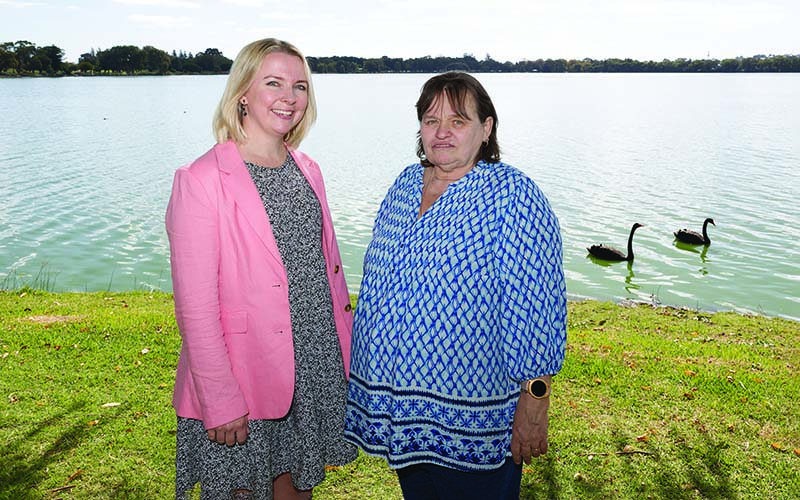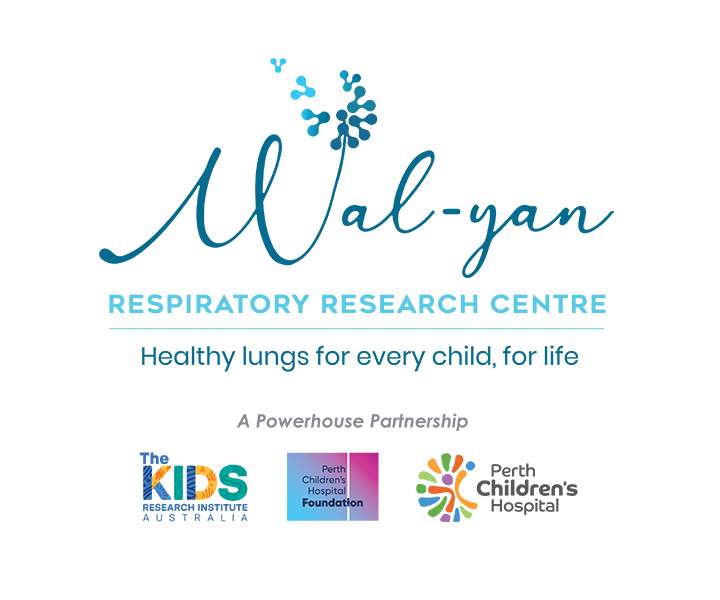Search

In Aboriginal culture, water is life, holding powerful spiritual and cultural significance and acting as a vital source of connection, food and medicine.
Research
Phage therapy could be key to conquering persistent bacterial lung infections in childrenPersistent bacterial lung infections in children lead to significant morbidity and mortality due to antibiotic resistance. In this paper, we describe how phage therapy has shown remarkable efficacy in preclinical and clinical studies, demonstrating significant therapeutic benefits through various administration routes.
Research
Global change, climate change, and asthma in children: Direct and indirect effects - A WAO Pediatric Asthma Committee ReportThe twenty-first century has seen a fundamental shift in disease epidemiology with anthropogenic environmental change emerging as the likely dominant factor affecting the distribution and severity of current and future human disease. This is especially true of allergic diseases and asthma with their intimate relationship with the natural environment.
Research
Neurodevelopmental impairment in children with Robin sequence: A systematic review and meta-analysisEstimate the global prevalence of neurodevelopmental impairment in children with Robin sequence (RS) at one year or more of age.
Research
Profiling epithelial viral receptor expression in amniotic membrane and nasal epithelial cells at birthChildren with wheeze and asthma present with airway epithelial vulnerabilities, such as impaired responses to viral infection. It is postulated that the in utero environment may contribute to the development of airway epithelial vulnerabilities.
Research
Phage cocktail amikacin combination as a potential therapy for bacteremia associated with carbapenemase producing colistin resistant Klebsiella pneumoniaeThe increasing occurrence of hospital-associated infections, particularly bacteremia, caused by extensively drug-resistant (XDR) carbapenemase-producing colistin-resistant Klebsiella pneumoniae highlights a critical requirement to discover new therapeutic alternatives. Bacteriophages having host-specific bacteriolytic effects are promising alternatives for combating these pathogens.

An exciting study is investigating whether a new therapeutic treatment for asthma will protect young sufferers from ongoing lung damage and improve their long-term health outcomes.

The Wal-yan Respiratory Research Centre is a global epicentre for paediatric respiratory research, informing clinical practice and driving a new research agenda for childhood lung health.
Research
What goes up must come down: dynamics of type 1 interferon signaling across the lifespanType 1 interferons (T1IFNs) are typically expressed in low concentrations under homeostatic conditions, but upon pathogenic insult or perturbation of the pathway, these critical immune signaling molecules can become either protectors from or drivers of pathology. While essential for initiating antiviral defense and modulating inflammation, dysregulation of T1IFN signaling can contribute to immunopathology, making it and its associated pathways prime targets for immune evasion and disruption by pathogens.
Research
Biodiesel feedstock determines exhaust toxicity in 20% biodiesel: 80% mineral diesel blendsTo address climate change concerns, and reduce the carbon footprint caused by fossil fuel use, it is likely that blend ratios of renewable biodiesel with commercial mineral diesel fuel will steadily increase, resulting in biodiesel use becoming more widespread.
